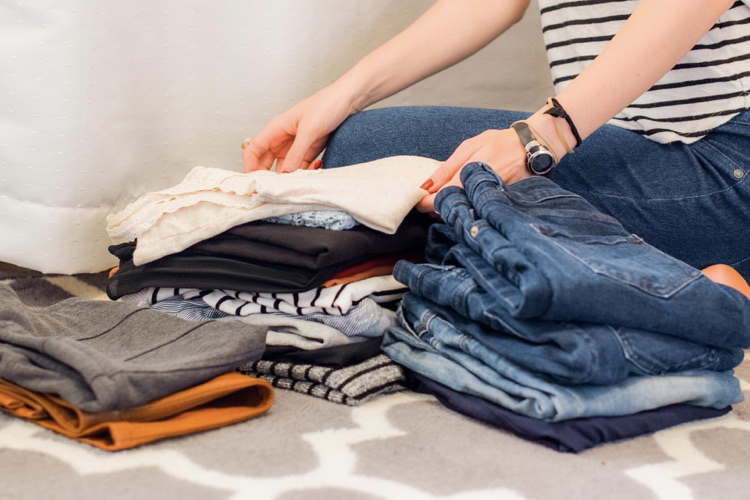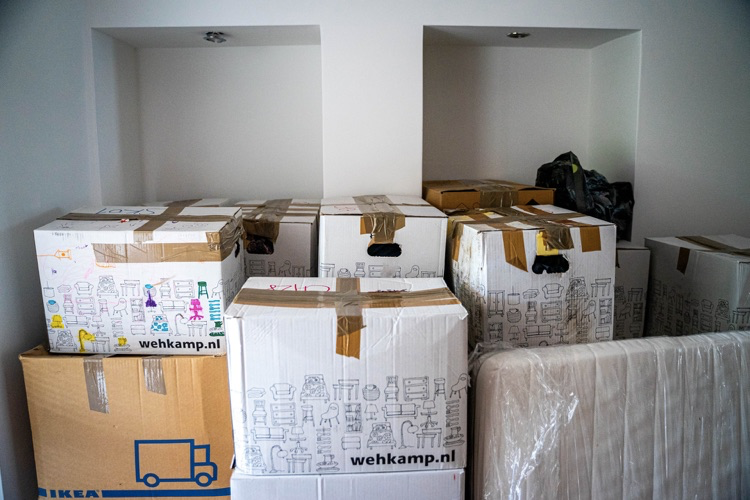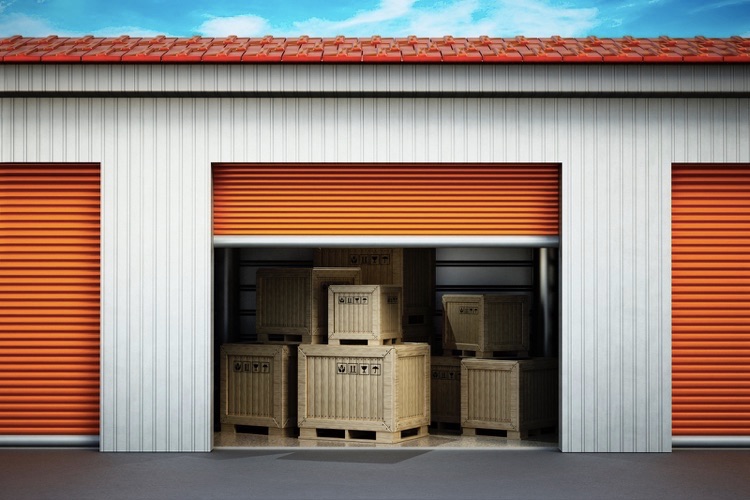How to store vinyl records
Vinyl record owners treasure their collections greatly. If you love your vinyl, you know how painful it is to have one of your prized records damaged. Vinyl records are incredibly sensitive, so when you have to store them away for the long term, you need to make sure that they’re properly protected.
One of the main reasons that vinyl records get damaged is from improper storage. If you want to enjoy your record collection for years to come, then follow these steps before putting your records into self storage.
1. Clean your records first
Before you do anything, make sure that your vinyl records are properly cleaned. If there is any dust or dirt on your record when you store it, this could easily scratch and ruin the record. If your records aren’t properly cleaned, you might also end up with mould or mildew spreading across your record collection.
Don’t just wipe your records with your shirt; this could damage your fragile records. Rather use a special vinyl brush to get rid of any dust or debris. Ideally, you should wipe the records clean with a special vinyl cleaning solution and a microfibre cloth.
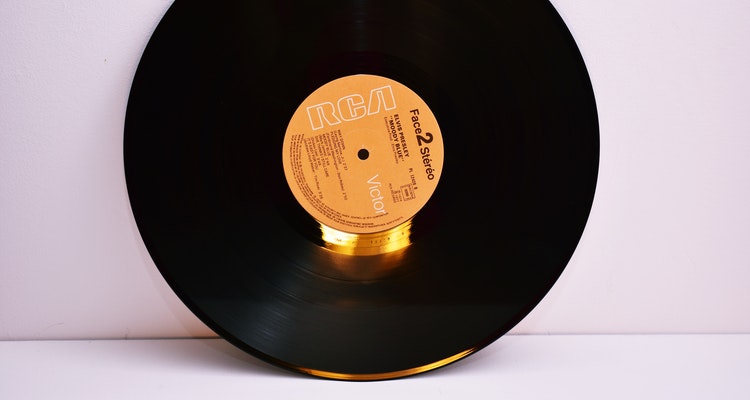
2. Store all your records in their album jackets
Always store your records in their album jackets. Ideally, these should be some kind of a light plastic inner sleeve that you insert into the cardboard album cover. Try to avoid paper sleeves, as these can act like sandpaper and cause unwanted scratches while your records are stacked together.
If you want to make sure that your records are really well protected, then you should also use an outer sleeve over the cardboard record cover. This should also be some kind of durable plastic that isn’t too tight or heavy.
3. Consider using vinyl record Bags
Special record bags are available for the best storage solution. These bags cover each record and have a sealable fold at the top. When using regular plastic sleeves, you still have a large opening on one side of each record. This can let in too much dust, dirt, and moisture. Record bags ensure each record is safely sealed. This will keep your vinyl and artwork perfectly protected.
4. Always store your records upright
Like storing a fridge, your vinyl records should always be stored in an upright position. If you stack up records on top of each other, the uneven pressure can cause them to warp. This is especially important for long-term vinyl storage.
Always store your records upright, and try to keep them relatively tightly packed together without any slant. If they do lie at an angle, you can always use a crate divider or a piece of cardboard to keep each record standing straight.
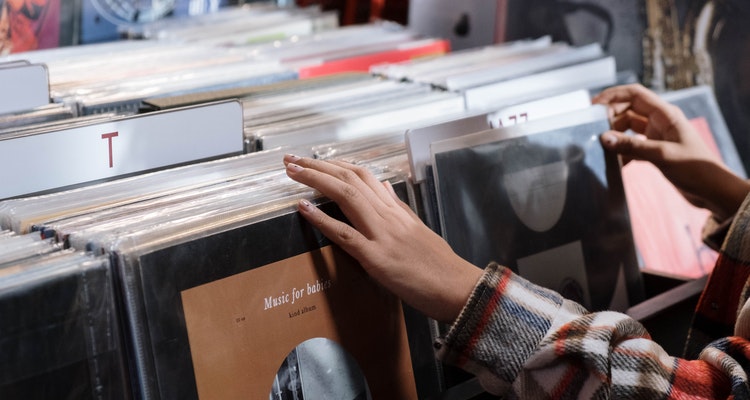
5. Use the right plastic storage containers
With most long-term storage situations, you want your items to be completely sealed and airtight. With vinyl records, however, you want to leave some airflow for your records. Without air circulation, you could create a damaging micro-climate that ruins your records over time.
Always store your records in strong plastic storage containers that offer some form of airflow. These containers need to be able to keep any moisture out, so don’t choose cardboard boxes. Try to choose plastic containers with straight sides, so that your records stay upright and can be packed easily.
A good strategy is to buy plastic storage containers with lids and cut a hole in the lid. These can be stacked on top of each other without placing any pressure on your records. As long as each record is properly cleaned and protected in a suitable sleeve, having some air circulation will help to keep your records in top condition.
6. Store your records at the right temperature
Before you pack your precious vinyl collection away for storage, pay attention to the temperature of the storage unit. Vinyl can withstand low temperatures, but anything too hot could warp and damage your records.
The ideal temperature for long-term vinyl storage is between 7 to 10℃. If you store your records at any temperature over 21℃, then you risk damaging your records. It’s okay to store your records at this temperature for everyday use, but when they’re packed away for long-term storage, it could cause warping effects.
7. Watch the humidity
Just like temperature, you also need to make sure your record collection is kept at the right humidity. Try to look for a storage unit with climate control. You could also get yourself a hygrometer to measure the humidity of your storage unit. These tools are cheap, and they could save your precious record collection.
The ideal humidity level for long-term storage should be around 35% to 40% relative humidity. This means a relatively dry environment.

8. Avoid any light
Vinyl records are very sensitive to light. Any exposure to ultraviolet light could damage the records almost instantly. When you store your records, make sure that there is no direct exposure to light. A good strategy is to keep them in dark plastic boxes instead of clear boxes.
9. Handle your records carefully before use
After you have gone through all of this effort to store your record collection carefully, you need to make sure that you handle your records properly when you take them out of storage.
First, give your records a brush before use. Even if they have been properly wrapped up and protected, you want to make sure that they’re clean before being played again. Secondly, remember to always handle your records on the edges only. Avoid touching the flat surface of your records, as this could spread oils and grease into the vinyl grooves.
Conclusion
Any keen vinyl collector understands the value of preserving their records. A great record collection can be enjoyed by many generations, as long as it’s properly taken care of.
If you’re planning to put your records away into storage, then ensure you follow the steps above. It will be well worth it when you unpack your perfectly preserved collection of prized records.
